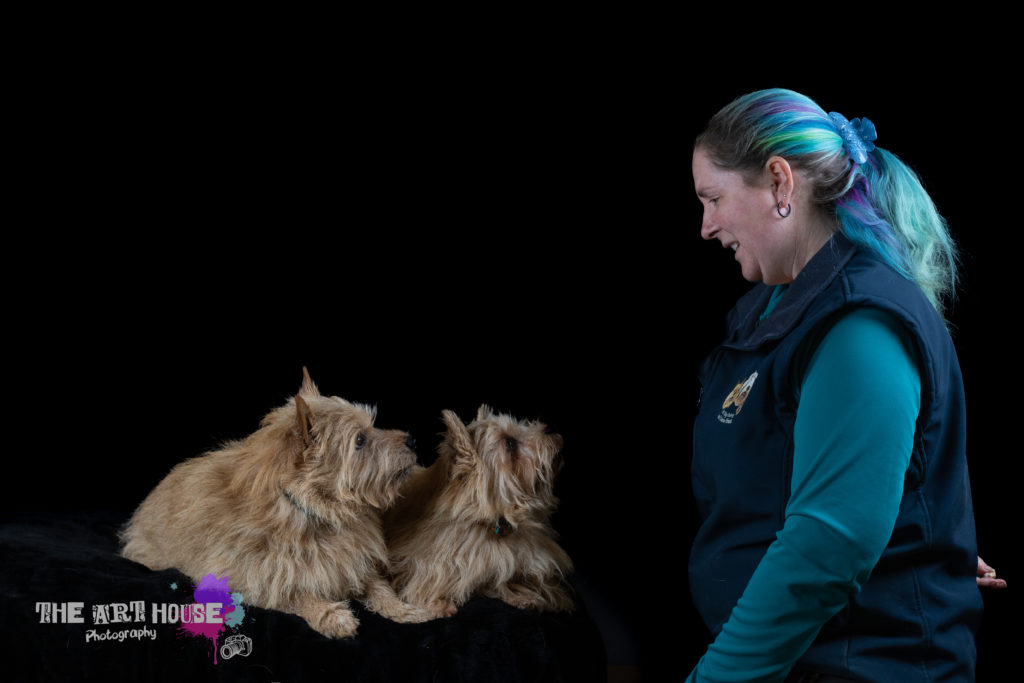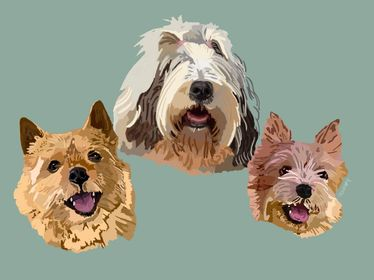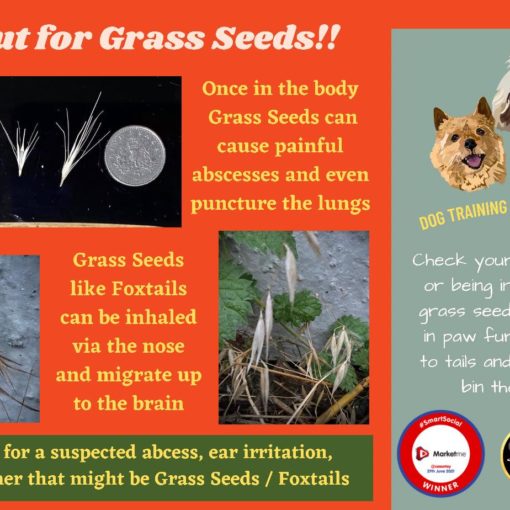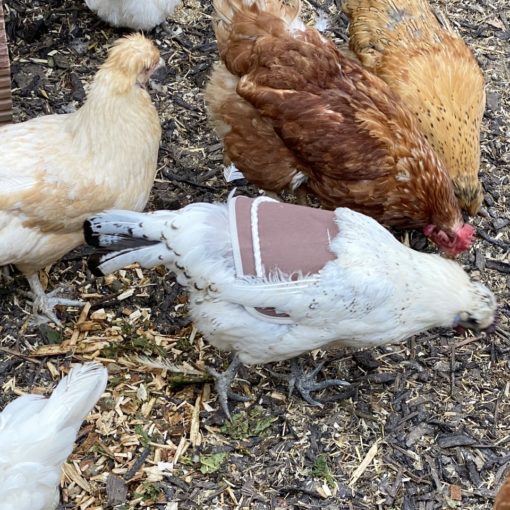There have been numerous confirmed Parvovirus cases in dogs at vets in and around the Clacton and Colchester areas during April 2023, so here is information for Pet Dog Owners to help explain what Parvo is, how is spreads, how we can protect our dogs, and what to do if we suspect our dog is unwell with Parvo.
This is not a complete document and your vet is where you should go with concerns about Parvovirus or with your Dog in general.
Parvovirus is highly contagious and not only can be passed from dog to dog easily during playtime but can be even more easily spread through particles of dog faeces we may tread on – particles so small we cannot spot them but they stick to our shoes and bring the virus into our cars, into our homes, into our gardens etc which then puts our own dogs at risk even if they haven’t been to a contaminated place themselves!
It’s so easy to transfer that if someone walks in an area that has had Parvovirus for up to a year previously, it will still be live and can pass via shoes to so many other places, and spread further.
It can also spread via our contact and clothes too so if you find out you have been somewhere with possible Parvo nearby, or that a dog is suspected of having it, change your clothes and wash them as soon as you can, wash your hands, use gloves if working with other dogs who could possibly have it.
Parvo can take a few days to show in a dog who has picked it up so may appear totally fine, then by the time symptoms appear they may have already passed it onto other dogs! Ensure you clear up your dog’s poo to be sure that as few particles as possible are left behind, and if everyone does this then they are protecting your dog too. If you spot dog poo that has been left lying around ensure your dog stays away – use a lead, verbally call them etc. If your dog has a habit of rolling in poo or eating it then this is a good time to work on that or use leads to keep them safe!
What are symptoms of Parvovirus?
These can include:
Being Lethergic
Not wanting to Eat
Abdominal Pain
Sickness and/or Diarrhoea
Increased Heart Rate
Difficulty Breathing
Dogs may collapse
There can be possible Hypothermia also
If you notice any of these symptoms in your dog contact your vet. Often a dog who has picked up the virus will be fine for 2-3 days after but then start showing gastrointestinal symptoms so these are what we need to watch for initially.
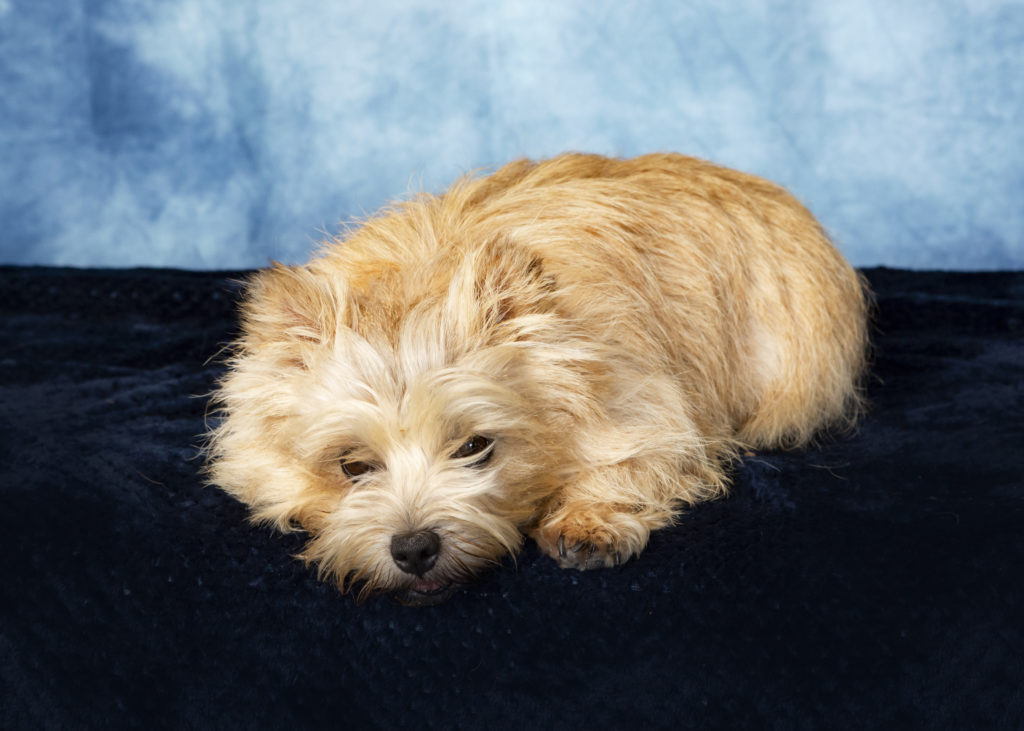
What Dogs might Parvovirus Affect?
Parvo is best known as being associated with Puppies, but in reality it can affect any age of dog. Puppies can be at higher risk as they have a lower immune system and haven’t built up general health yet but Senior dogs can also be higher risk too. There are also risks with adult dogs who have had illness or have a compromised immune system. Unvaccinated dogs could be at risk but even vaccinated dogs can and do become unwell with Parvovirus.
There have been numerous cases in Tendring, Essex during April 2023, many of the confirmed cases at vets in Clacton and Colchester are with dogs who have been to beaches in Jaywalk or Clacton in the last few weeks so we are advising that if you have walked your dog at these beaches or are planning to that you remain vigilant, watch where your dog is playing or running, wash your hands, shoes and change your clothes when you get home or if you have visited a home with a dog that has been to these beaches recently.
If you believe your dog is showing signs of gastrointestinal issues contact your vet and prevent contact between your dog other dogs until your dog has seen the vet.
We hope this information will be of help to pet dog owners. Keep your dogs safe!
